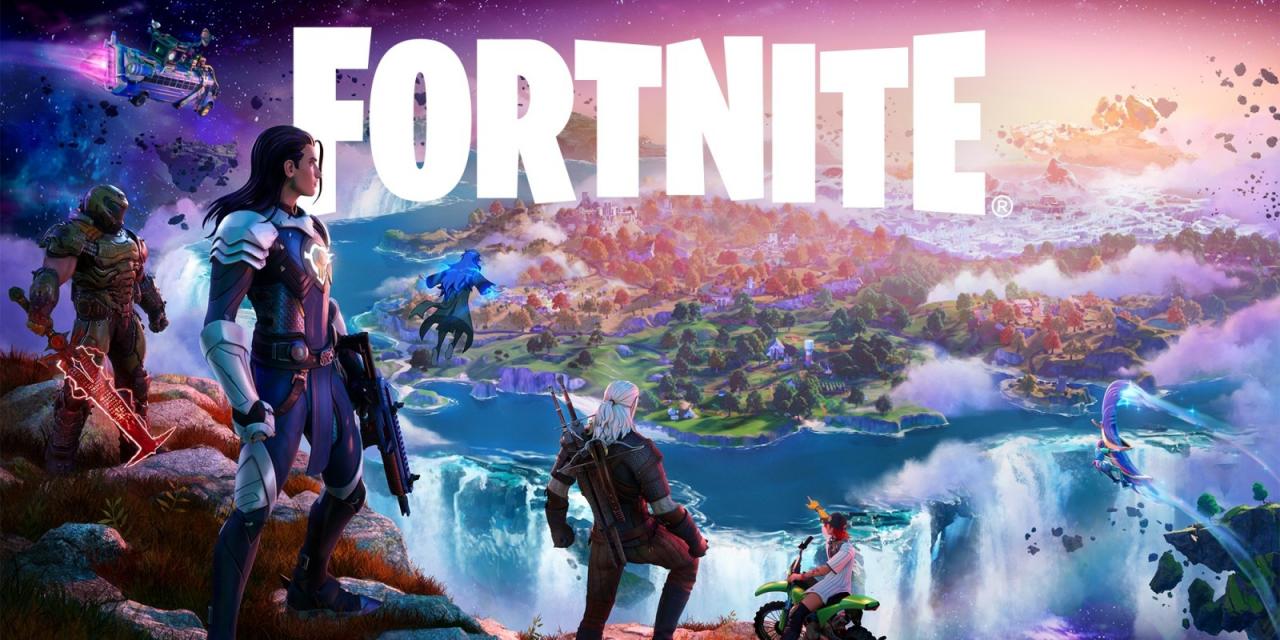
Fortnite may be the world’s largest game, but that hasn’t stopped its creator company, Epic Games, from being landed with the largest settlement ever assessed by the U.S. Federal Trade Commission. The two fines, which total up to an eye-watering $520 million, are for invading the privacy of the millions of children who play the game, and for making it far too easy to mistakenly purchase cosmetics within the game.
The billion dollar game company was found to have violated specific laws put in place to keep customers (and more importantly) children safe while playing and browsing stores online. The first part of the settlement concerns the fact data was gathered from players under 13 years old, and also for voice and text chat being on in the game by default. These elements contravene the Children’s Online Privacy Protection Rule, and landed Epic with a $275 million fine.
The second element centers around Fortnite’s uncanny ability to "trick players into making unwanted purchases." In essence, the FTC found it was too easy to accidentally buy skins while previewing them. To make things even worse, the process for refunding an accidental purchase was judged to be too hard to find. But that wasn’t enough for Epic, who the FTC says would sometimes even ban those accounts which had fought their way through for a refund. Those issues meant a $245 million fine.
Epic has issued a statement about the fines, accepting the judgement, and noting industry norms may have to change to reflect rapidly moving times.
"Statutes written decades ago don’t specify how gaming ecosystems should operate. The laws have not changed, but their application has evolved and long-standing industry practices are no longer enough. We accepted this agreement because we want Epic to be at the forefront of consumer protection and provide the best experience for our players."
Epic has already made a number of changes following the FTC’s decision. Included amongst these are the removal automatic payment method saving, single-press purchasing, a lack of spending limits for players under 13, and others.
There’s no doubt this isn’t likely to disrupt Epic’s bottom line too much, which may be why it’s so happy to accept the fines. However, it does prove times are changing, and game developers can’t afford to rest on their laurels and just assume past behaviours are acceptable.
